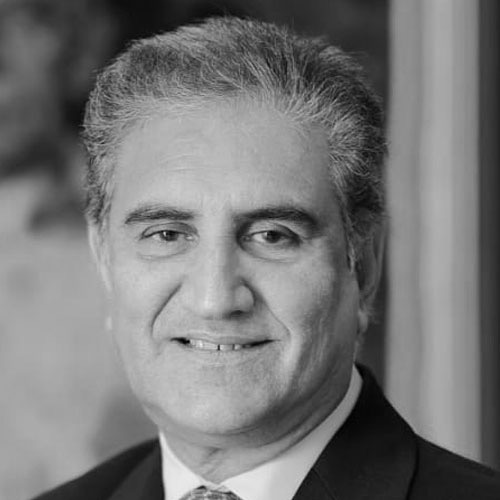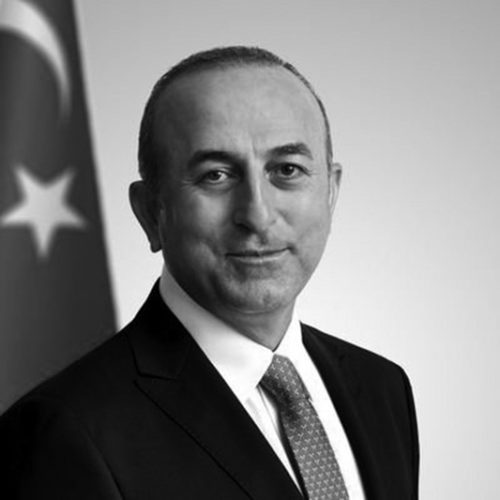As the world continues to face the Covid-19 pandemic, it has become increasingly clear that certain foundational aspects of world are set to change. While the contours of these changes are still coming into focus a new horizon is slowly beginning to emerge, one that includes the outlines of transformations in, among other things, how states conduct foreign affairs. Furthermore, the pandemic has also served as an accelerator of trends already in motion, including the shift towards a more multipolar world.
As an ever-widening range of states and non-state actors, including organisations and empowered individuals, shape the contours of geopolitics, debates are arising as to the future of the rules-based international order that has been upheld by American dominance since the end of the Cold War. Carrying both risks and opportunities, the new reality of foreign affairs is set to present challenges to international cooperation and exacerbate differences in values and interest between states, threatening stability and international security. The return of great power competition will be accompanied by openings for regional powers and non-state actors to aggressively pursue their respective interests.
At the same time, these changes present an opportunity to forge new paths to cooperation based on a broad range of mutual interests. Particularly as states re-emerge as pre-eminent political actors, how countries approach and conceive of interstate relations will have a significant effect on determining whether the future of foreign affairs will be characterised by conflict, or whether new era of global peace and prosperity will emerge.
Discussion Themes
• How can governments and other international stakeholders renegotiate their expectations of one another in an age of empowered individuals and rapidly changing political economies?
• To what extent will emerging powers and non-state actors contribute to new patters and architectures of international relations? Will competition or cooperation define the new era of foreign affairs?
• How can states increase cooperation on finding viable solutions to truly global issues such as climate change and global health crises such as pandemics?
• What role will high-level inter-state diplomacy play in advancing the resolution of conflicts that are increasingly characterised by ideological divergence, asymmetric strategies and the use of proxies that give governments a degree of plausible deniability?
• What role can the development of robust interstate relations play in mitigating the shocks, such as the Arab Spring, the 2008 Global Financial Crisis, and the ongoing Covid-19 pandemic, that accompany the march towards an increasingly connected world?


